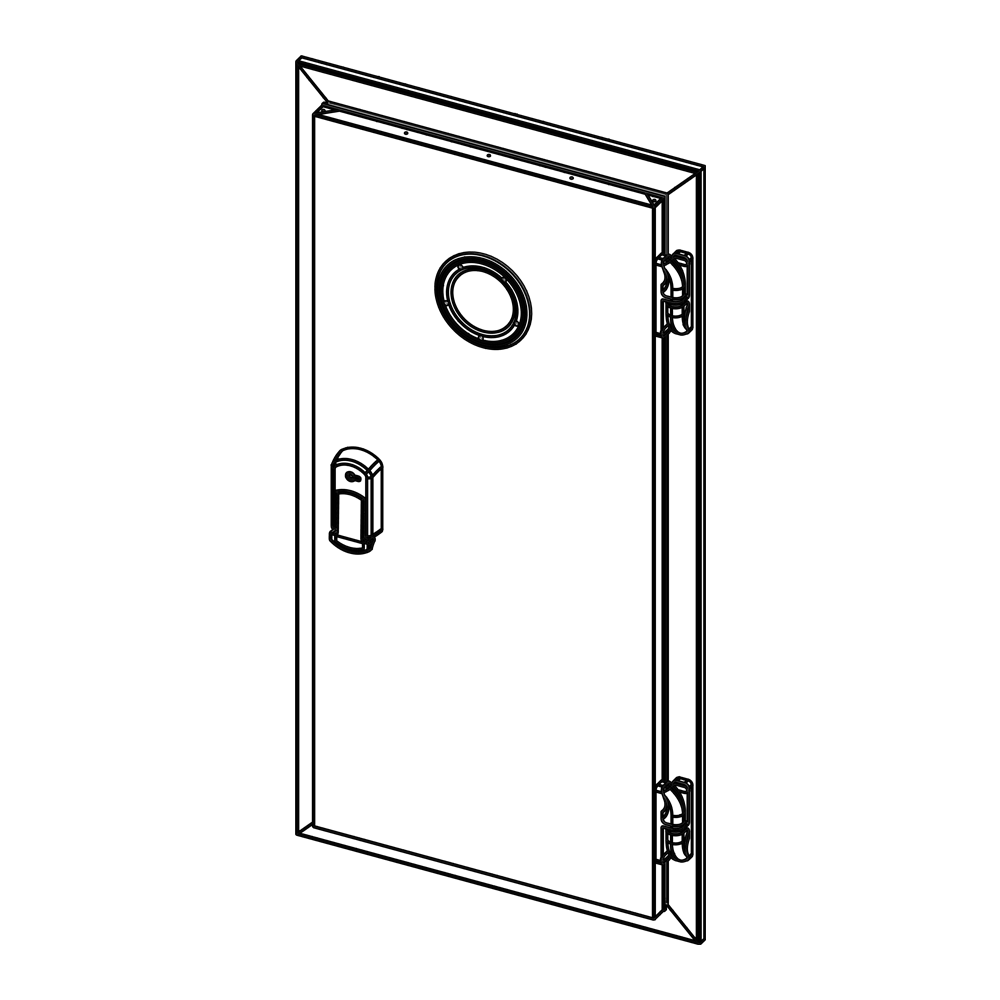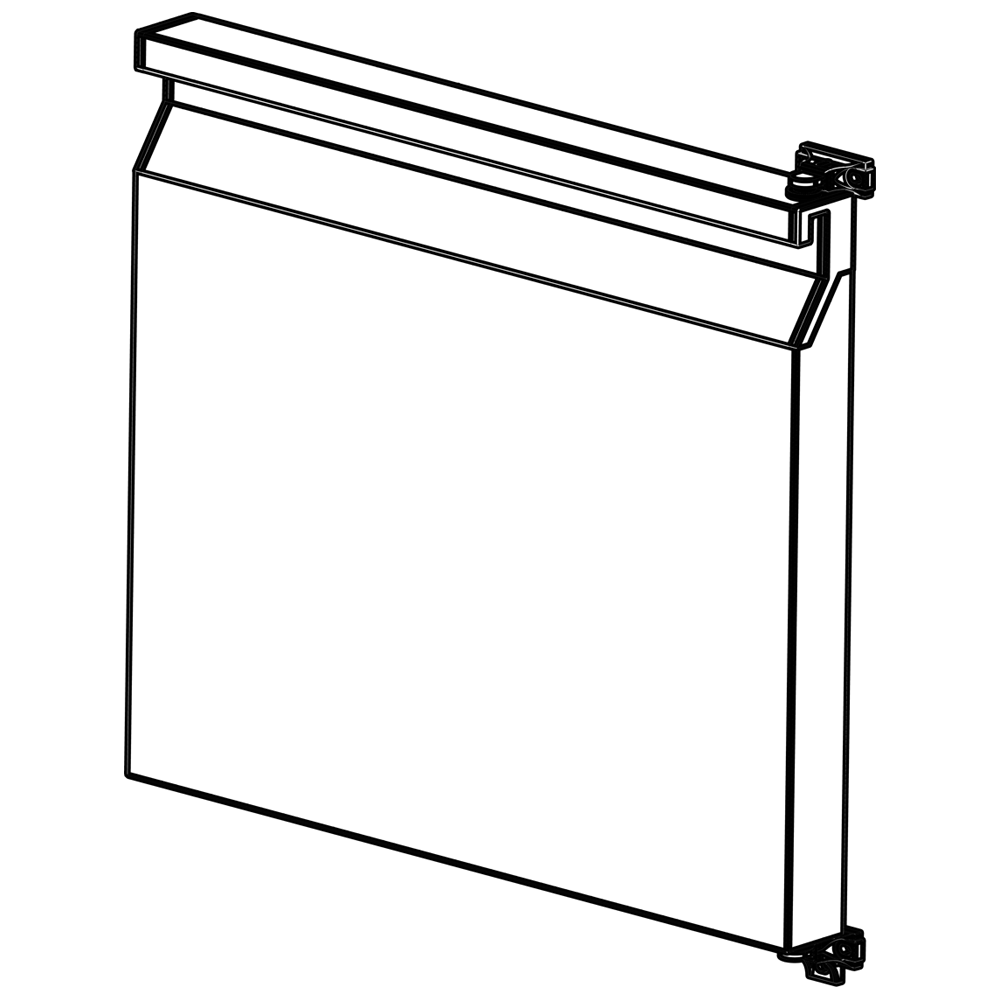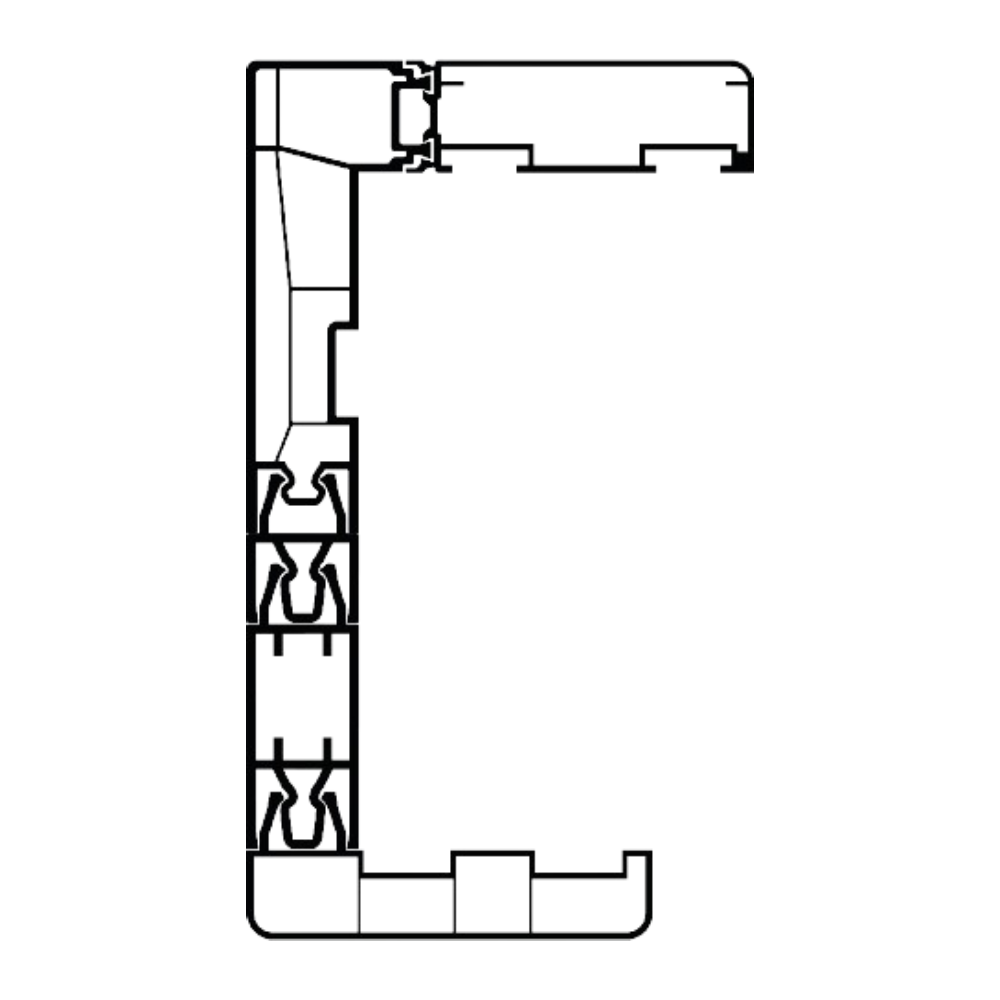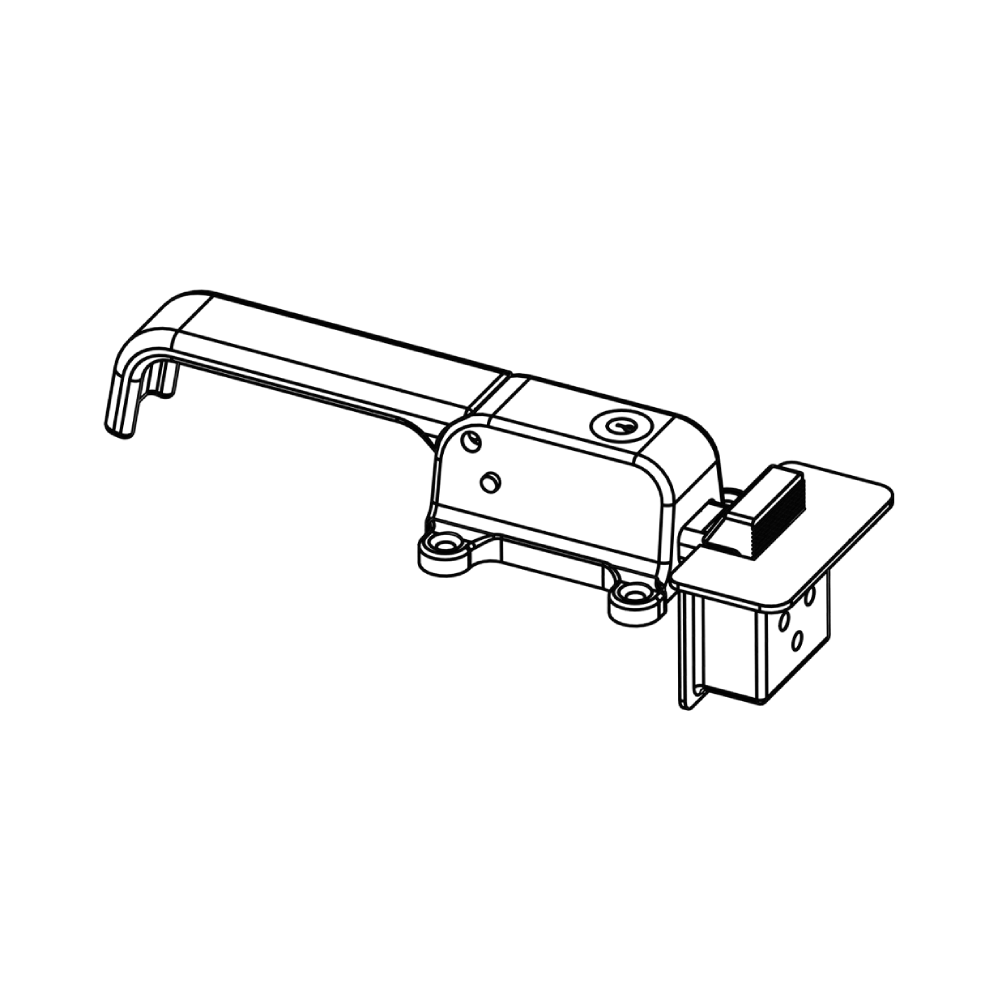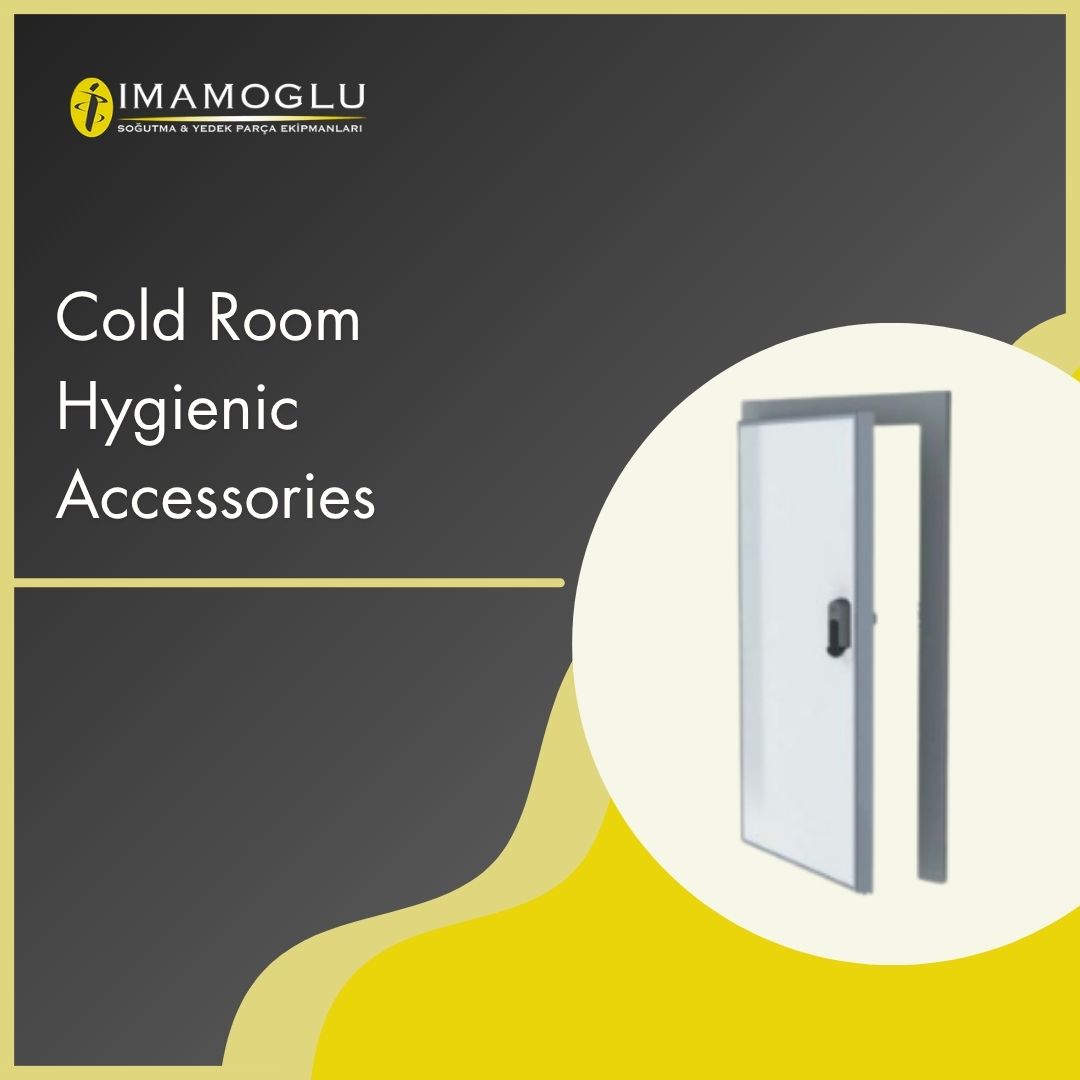Cold Room Hygienic Accessories
Definition and Importance of Hygienic Accessories
Cold room hygienic accessories are specialized equipment used to maintain hygiene standards and increase operational efficiency in cold storage facilities, industrial refrigeration systems, and environments requiring precise temperature control. These accessories are placed at entry-exit points, internal partitions, or storage areas of cold rooms to prevent the entry of dust, dirt, microorganisms, and other contaminants. They play a critical role in ensuring product safety and sanitation standards, particularly in the food, pharmaceutical, and biotechnology industries.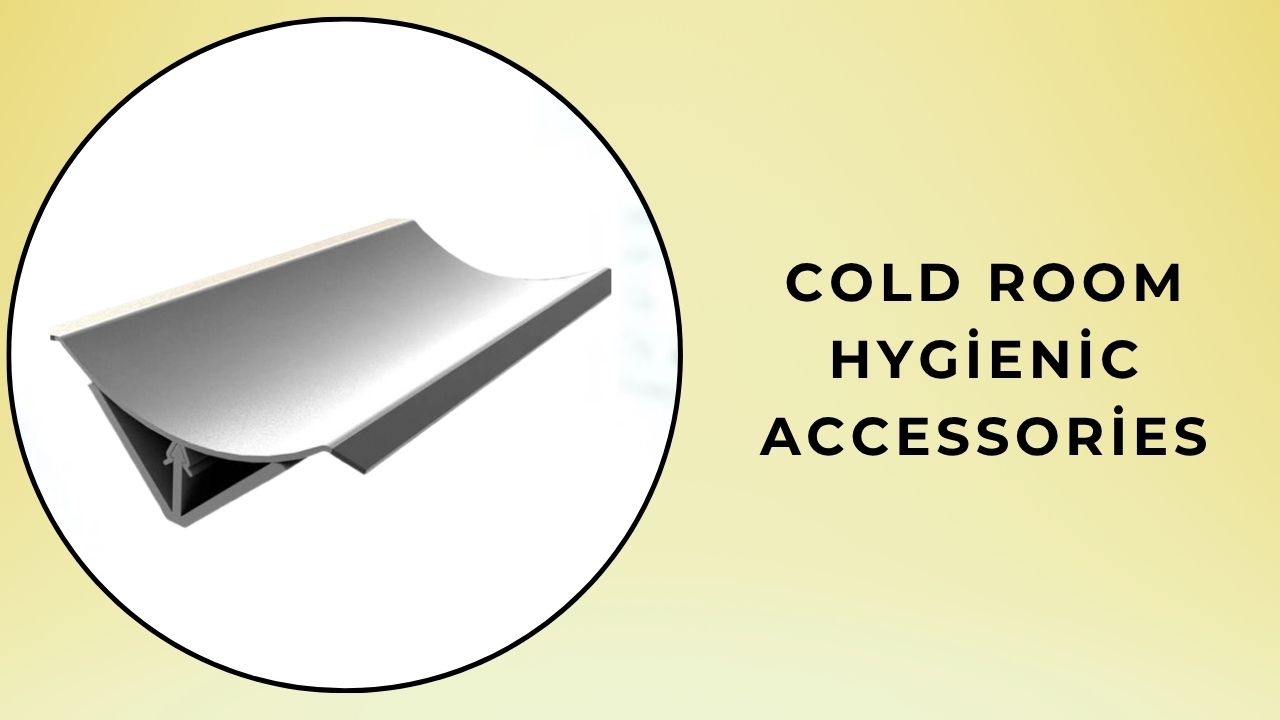
Hygienic accessories are typically made from stainless steel, antimicrobial coated plastics, or other food-safe materials. These accessories include PVC strip curtains, air curtains, hygienic mats, hand sanitizer units, stainless steel shelves, and cleaning equipment. Each accessory is designed to suit the temperature range of the cold room (from -40°C to +5°C) and its intended use. For example, accessories used in the food industry must withstand frequent cleaning and prevent bacterial growth. These accessories support energy efficiency while ensuring workplace safety and operational flow.
Technical Specifications and Functional Benefits
Cold room hygienic accessories are designed to adapt to the demanding conditions of refrigeration systems. Stainless steel (typically 304 or 316 grade) accessories offer high resistance to corrosion in humid and cold environments. Antimicrobial coated plastics prevent bacterial and mold growth, ensuring a hygienic environment. For instance, PVC strip curtains are manufactured with special chemical formulations to maintain flexibility at low temperatures and perform effectively even in blast freezing rooms down to -50°C.
Air curtains create a high-velocity airflow to block dust and dirt from entering while reducing energy loss. These systems are typically equipped with sensors or automatic control mechanisms, activating when doors are opened to optimize energy efficiency. Hygienic mats use antimicrobial liquids to clean shoe soles and are widely used in the food and pharmaceutical industries.
Stainless steel shelves and storage systems ensure organized and hygienic product storage. These shelves have smooth surfaces for easy cleaning and are resistant to chemical cleaners. Hand sanitizer units, equipped with touchless sensors, enhance personnel hygiene and reduce cross-contamination risks. All these accessories are designed to comply with international standards (e.g., HACCP, ISO 22000, or GMP) and meet stringent hygiene requirements.
Industry Applications and Use Cases
Cold room hygienic accessories are widely used in industries where hygiene is critical. In the food industry, they ensure product safety in cold rooms storing meat, fish, dairy, fruits, vegetables, and frozen foods. For example, in a meat processing facility, PVC strip curtains and air curtains prevent dust and dirt entry in high-traffic areas, while hygienic mats ensure personnel footwear cleanliness.
In the pharmaceutical industry, hygienic accessories support sanitation standards in cold rooms storing vaccines, blood products, and other sensitive medical supplies. Stainless steel shelves ensure organized, contamination-free storage, while hand sanitizer units enhance personnel hygiene. In cold chain logistics, mobile cold rooms used for transport and temporary storage rely on air curtains and PVC strips for fast and effective solutions.
In commercial kitchens, restaurants, hotels, and supermarkets, hygienic accessories enhance operational efficiency and maintain sanitation standards. For example, in a supermarket’s back storage, stainless steel shelves ensure organized storage, while touchless hand sanitizer units support personnel hygiene. In laboratories and clean rooms with high hygiene requirements, antimicrobial coated accessories prevent microorganism growth, ensuring compliance with strict regulations.
Benefits of Hygienic Accessories
Cold room hygienic accessories offer multifaceted benefits to businesses:
-
Hygiene and Sanitation: Antimicrobial coated surfaces and easy-to-clean materials prevent bacterial and mold growth, ensuring compliance with sanitation standards in the food and pharmaceutical industries.
-
Energy Efficiency: Air curtains and PVC strips block external airflow, reducing energy loss by 20-30%, thereby lowering refrigeration system energy consumption.
-
Operational Efficiency: Accessories like PVC strips and air curtains facilitate quick transitions, streamlining personnel and vehicle movements and speeding up processes.
-
Durability: Stainless steel and antimicrobial plastics ensure long-term use in humid and cold environments, reducing maintenance costs.
-
Customization: Accessories can be tailored in size, material, and features to suit any cold room design.
Production Process and Material Quality
The production of cold room hygienic accessories requires precise engineering and quality control processes. Production begins based on the cold room’s dimensions, temperature range, and hygiene requirements. Stainless steel accessories are typically cut using CNC machines and polished to create smooth surfaces. PVC strips are produced via extrusion and treated with chemical formulations to maintain flexibility at low temperatures.
Air curtains are equipped with high-speed fans and sensors, tested for energy efficiency and durability. Hygienic mats are designed to work with antimicrobial liquids and undergo leak-proof testing. Hand sanitizer units are produced with touchless sensor technology and checked for hygiene compliance. During production, all accessories are evaluated for compliance with international standards (e.g., ISO or CE).
Material selection is customized based on the intended use. In the food industry, stainless steel and antimicrobial coated plastics are preferred, while more economical materials may be used in logistics warehouses. Some accessories are equipped with coatings resistant to UV rays or chemical cleaners.
Types and Variants of Accessories
Cold room hygienic accessories are produced in various models to meet different needs:
-
PVC Strip Curtains: Transparent or semi-transparent, 1.5-5 mm thick, hygienic, and energy-saving curtains.
-
Air Curtains: Prevent dust and dirt entry with high-velocity airflow, available in sensor-based or manual models.
-
Hygienic Mats: Equipped with antimicrobial liquids to clean shoe soles.
-
Stainless Steel Shelves: Smooth-surfaced shelves for organized and hygienic storage.
-
Hand Sanitizer Units: Support personnel hygiene with touchless sensors.
This variety offers tailored solutions for different industries, expanding the scope of accessory applications.
Installation and Maintenance Recommendations
Proper installation of cold room hygienic accessories is critical for long-term performance. PVC strip curtains and air curtains must be installed to perfectly fit entry dimensions. Stainless steel shelves should be placed and secured according to the cold room’s internal design. Installation by expert teams ensures optimal hygiene and functionality.
For maintenance, accessories should be regularly cleaned with hygienic cleaners. Stainless steel surfaces are resistant to chemical cleaners and easily polished. PVC strips and air curtains should be periodically checked to prevent dust and dirt buildup. Hygienic mats’ antimicrobial liquids must be regularly replenished, and hand sanitizer units’ sensors and liquid reservoirs should be inspected. These processes ensure accessories remain hygienic and functional.
Production and Industry Dynamics in Turkey
Turkey has a robust infrastructure for producing cold room hygienic accessories. Local companies produce high-quality, cost-effective accessories, competing in domestic and international markets. For instance, some Turkish manufacturers produce antimicrobial coated accessories for the food and pharmaceutical industries, while offering durable and economical solutions for logistics. Companies provide detailed technical support and customization options to meet customer needs. Turkey holds a significant position in this sector, exporting to Europe, the Middle East, and Asia.
Future Innovations and Technological Developments
Cold room hygienic accessories are continuously evolving with technological innovations. Smart air curtains equipped with sensors can optimize energy efficiency. Eco-friendly materials, recyclable plastics, and stainless steel contribute to sustainability goals. Antimicrobial coatings using next-generation nanotechnology can more effectively prevent bacterial and viral growth. Automated cleaning systems in hygienic mats and hand sanitizer units enhance operational efficiency. In the future, lighter, more durable, and high-performance accessories will further elevate hygiene and energy efficiency standards in cold rooms.


